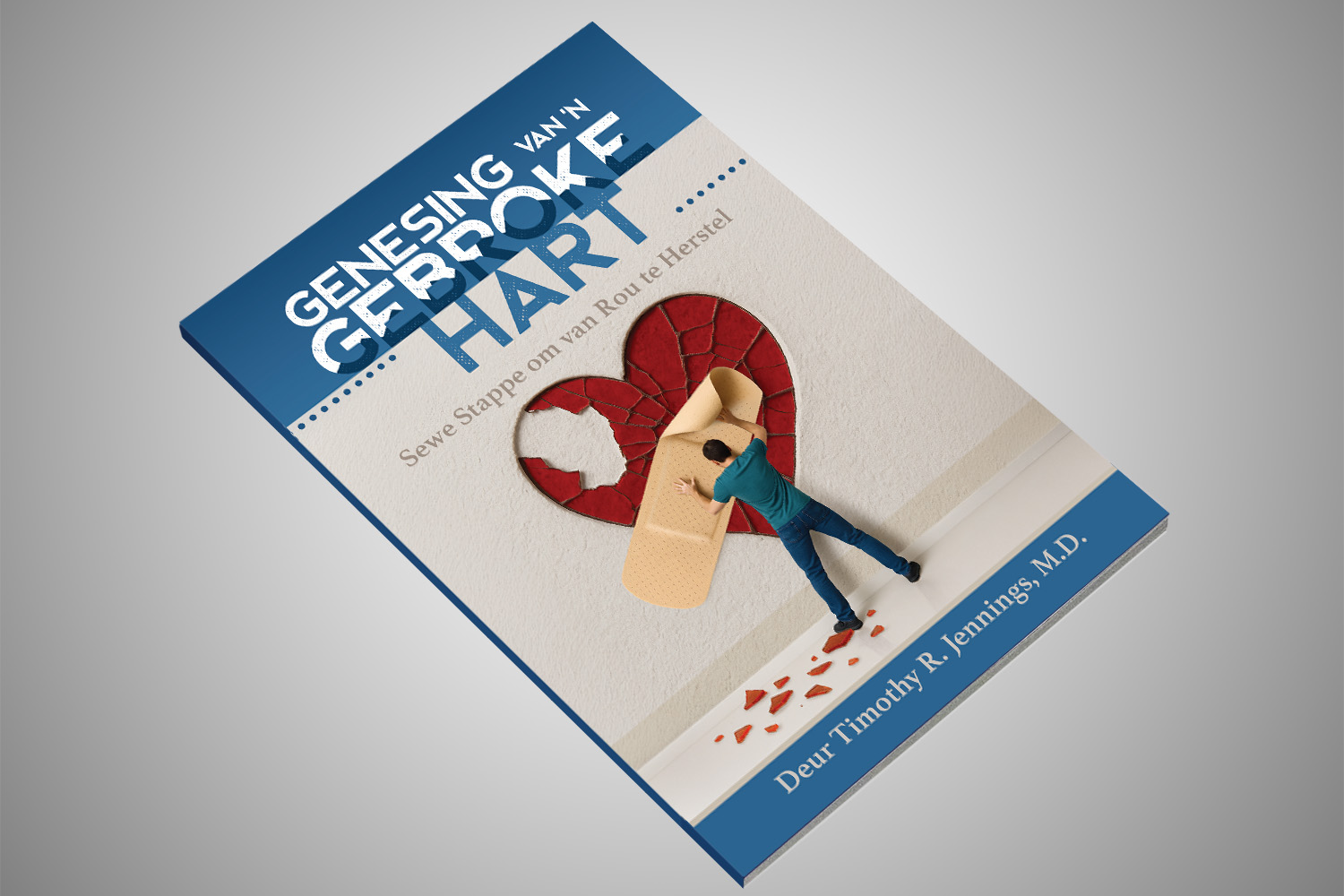My question has to do with “sinning”. John says, “No one who lives in Him continues sinning. (active word) No one who continues (active word) to sin has either seen him or known him.” Is this saying that because we are in Him, taken the cure etc etc, we do not sin?
Does it mean that the acts we commit as humans (and Christians) -selfishness, lust, pride, slander etc, are no longer called sin?
Paul said he “died daily”, doesn’t this mean he saw himself as a “sinful” person who daily sought grace? Sin is something revealed by the law and Christ came to fulfill it and replace it with love. Does this mean the law and “sinning” are irrelevant constructs superseded by love and relationship with Christ?
S
Thanks for such a insightful question that gets right to our daily lives. Your question springs from 1John 3:4-6 which reads:
Everyone who sins breaks the law; in fact, sin is lawlessness. But you know that he appeared so that he might take away our sins. And in him is no sin. No one who lives in him keeps on sinning. No one who continues to sin has either seen him or known him.
Sadly, the English translation of this passage leaves the impression that it is referring to “sins” or “bad acts”. However the Greek for the English word “sins” is exactly the same as the Greek for “sin” and thus could be translated:
“But you know that he appeared so that he might take away our sin.” Or “But you know that he appeared so that he might take away our sinfulness.”
Does it make a difference how you understand this passage if you read it translated this way?
How one understands this passage is a direct outgrowth of how one understands God’s law. Traditionally we understand God’s law to be the 10 Commandments and sin to be bad acts (breaking the rules) and many who read this passage develop spiritual insecurity if they find mistakes ( “bad acts”) still occurring in their lives. But Jesus taught that the bad acts are symptoms of a heart governed by selfishness and fear (Matt 5:21-28). Jesus makes it clear that the sinful acts are the outgrowth of a sin-sick heart when He says, “For out of the heart come evil thoughts, murder, adultery, sexual immorality, theft, false testimony, slander.” (Matt 15:19). Thus, the bad acts are the symptoms of our problem, not the problem in and of itself. When we act in love, there is no sin regardless of the act, “Love is the fulfillment of the law” Romans 13:10.
A parent, in love, may spank a child – no sin, but, a parent in anger and hatred may spank a child – sin. The issue is not the specific act but the condition of the heart leading to the act. God’s plan is to heal our minds/hearts so that we come to a point where we love others more than ourselves.
Consider Sue, a 10 year old little girl with a 5 year old sister. Her father routinely molested her and her sister. Whenever he came home from work he found one of them to abuse. When they would hear his car pull up the driveway, Sue’s little sister would become terrified, cry, panic, and run in search of a place to hide. Sue realized that whichever of the two girls their father found first was the one he would abuse that day. Therefore, Sue began to purposely present herself to her father when he came home, knowing what he would do, in order to protect her little sister. Was Sue sinning when she chose to purposely go into a situation she knew would result in such an act? Or, because she was acting in love, willing to sacrifice herself to protect her sister, was she fulfilling the law and innocent of any sin? Or do you think she should read the 7th Commandment and, realizing what her father was going to do, hide to protect herself and instead ensure her little sister got exploited? Sin, is not merely the behavior we choose but the underlying reason we choose the behavior. Are we acting in love or selfishness? This is the greater question.
Revelation 12:11 describes a group of people, who at the end of time, are so transformed they are ready to meet Jesus as “they did not love their lives so much as to shrink from death.” And 1 John 3:16 says, “This is how we know what love is that Christ gave his life for us and we ought to give our lives for each other.”
God’s law is a living law. It is the law of love, the law upon which life was constructed to operate. Violations of the law of love result in devastating changes in the sinner. The mind is damaged, the conscience seared, reason warped, character deformed, fear and selfishness become the motivation, which subsequently results in bad acts i.e. sins. When Adam sinned, the law of love was replaced in the mind of mankind with the “survival-of-the-fittest, me-first” principle. We instinctually look out for number one at the expense of others. God’s plan is to change this heart condition so that His law of love is restored in us again (Heb 8:10).
Converted people still experience temptations to act in self interest, survival-of-the-fittest instinct, until this corruption puts on incorruption. But, as we open our hearts to God and surrender self in a love/trust relationship to Him, we experience the living presence of the Holy Spirit in our hearts and minds. Our thoughts are brought into unity with His. Our motives change from fear and selfishness to love for God and others. We live lives of love rather than for self. In this state we still experience the temptations to act in self interest but are no longer “controlled” by selfishness. God’s healing plan results in our characters being changed to the point where we genuinely love others more than ourselves.
Another key to understanding 1John 3:4-6 is realizing, as you have pointed out, the Greek is in the active present ongoing tense. It means those who, in the present, live in the active practice of ongoing sinfulness, selfishness. It is not talking about Christians who are in a healing relationship with Christ but make a mistake. Such overcoming Christians, as soon as a mistake occurs, a sin, they are grieved in their hearts, repent, seek God’s grace for further transformation. They see the act of sin for what it is, a symptom of further areas in the heart in need of God’s healing presence and they run to Him as David did praying, “search me and see the wicked way in me and create in me a clean heart oh God!” Those who don’t know God are those who have a selfish mindset and excuse their sin, don’t recognize it as such, have no desire to overcome or change, and thus “go on sinning,” yet may call themselves “Christian.” These are the individuals John was speaking about when he said, “No one who continues to sin has either seen him or known him.”
God is our great Heavenly Physician and we are the terminally ill patients. The Good News is that our Heavenly Doctor is totally trustworthy and will heal and restore all who trust Him. The pressure to cure is on God, our responsibility is to trust our Doctor, spend time with Him and follow all His prescriptions. He is responsible for cleansing, purifying, and recreating us to be like Him.
When we stumble and fall short, as a good patient, we run to our doctor and say, “Doc, I am having more symptoms. Please search me, find the defective parts, and pour your Spirit in to my heart to heal, cleanse, and restore me. Free me from such a sick and twisted mind!” Then God pours Himself into our hearts renewing, regenerating, and recreating us to be like Jesus, free from fear, free from selfishness, and free to love others as we have been loved!











 using your credit or debit card (no PayPal account needed, unless you want to set up a monthly, recurring payment).
using your credit or debit card (no PayPal account needed, unless you want to set up a monthly, recurring payment). instead?
instead?